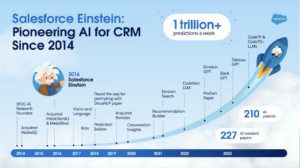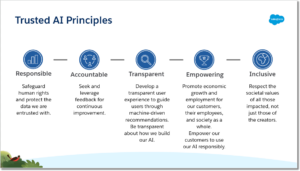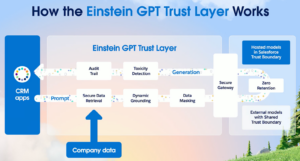Artificial Intelligence (AI) has flooded the tech space in the past year. Chat GPT by OpenAI is the biggest player to shake things up and reach the everyday web user. AI is not new for Salesforce, with Einstein on the scene since 2019, it’s no surprise that Salesforce is ready for a fast-paced evolution of its product offering to align with current demand.
Product Announcements

There have been so many new product and enhancement announcements recently. Here are some of the headlines:
- On 7th March 2023, Salesforce announced Einstein GPT, the merging of Einstein with OpenAI to expand AI capabilities. This includes Einstein GPT for Sales, Service, Slack Customer 360 apps and for Developers.
- On 9th May 2023 Tableau GPT was announced along with Tableau Pulse at the Tableau Conference.
- On 7th June 2023, Salesforce announced Marketing GPT and Commerce GPT at Connections.
- On 12th June 2023, Salesforce held their first AI day which provided further insight into what has been developed over the past few years, and what continues to grow in the AI space. They announced AI Cloud, a new offering that encompasses the Unlimited Edition of Salesforce along with licences for each of the GPT-infused products.
How Trusted is AI?
Salesforce continues to reinforce its number 1 value of trust, sharing that with generative AI, they will create a GPT trust layer so customers can use AI without having to share their data.
Salesforce has five trusted AI principles that they refer to when discussing the ethics and responsibility they consider with these products:

Einstein GPT Trust Layer

The Einstein Trust Layer works to avoid any personal information from leaking out of your company as you make use of AI tools.
Unlike chatting with some public LLM models, the prompts sent via the Einstein Trust Layer are not used in the LLM’s learning. The model does not need to learn about your data, it gets the context it needs from carefully constructed prompts. Those prompts “ground” the LLM in enough context to get a good response, but are stripped of personally identifiable information.
The grounding and the anonymisation sound like conflicting goals. And the balance of these two things is one of the areas where Salesforce’s AI research team has been working hard.
AI-powered tools & features
Some of the features that have been shared on the roadmap include:
- Segment Creation – use AI to generate an audience to target in Marketing Cloud.
- Email Content Creation – using prompts, ask Marketing GPT to generate email copy and images, through Salesforce’s partnership with Typeface.
- Rapid Identity Resolution and Rapid Segmentation – in Data Cloud, let AI quickly provide data unification and identify segments.
- Segment Intelligence for Data Cloud – instead of spending time putting together a segment, let AI do it for you based on similar audiences.
- Dynamic Product Descriptions – in Commerce Cloud, AI will generate a product description tailored to each buyer.
- Commerce Concierge – allows customers to have a more engaging shopping experience using natural language to discover products and recommendations in Commerce Cloud.
- Goals-Based Commerce – automate goals and get insights into how you’re performing against those using AI in Commerce Cloud.
- Data Cloud for Commerce (available now)
Looking for help with Account Engagement?
What does this mean for us?
In true leveraging AI fashion, I asked Chat GPT to help me with listing what users need to be considering with the introduction of AI to their platform.
Developers
To prepare for the influx of AI to your day-to-day roles, consider:
- Gaining a deep understanding of AI algorithms and techniques to develop effective and reliable AI solutions.
- How to ensure data quality and integrity for training AI models, considering potential biases in the data.
- Implementing robust testing and validation processes to identify and mitigate potential risks and errors.
- Staying updated with the latest advancements, research, and best practices in AI development.
Administrators
Administrators come in many forms and can be called many things! Architects, Consultant, Product Owners…arm yourself with:
- Understanding the capabilities and limitations of AI to make informed decisions about the Org.
- Assessing the impact of AI on existing workflows, processes, and resources within the organization.
- Planning for potential disruptions or changes in job roles and responsibilities.
- Collaborating with other stakeholders to address concerns and requirements.
Users
Users of Salesforce and its many clouds can be early adopters by ensuring that they:
- Understand the benefits and limitations of AI-powered products or services they interact with.
- Provide feedback and report issues to improve AI systems’ performance and user experience.
- Acquire the necessary skills or knowledge to effectively utilize AI tools or platforms.
Partners
As Partners, we need to ensure we are keeping up to date with the market and share our learnings with each other:
- Stay informed about the latest trends, regulations, and best practices in AI implementation.
- Assess the suitability of AI for specific business needs and advise on potential risks and benefits.
- Help organizations develop AI strategies aligned with their goals, values, and resources.
- Guide organizations in identifying and addressing ethical considerations and potential biases in AI systems.
Resources
With a lot of noise online right now, here are some handy places you can go to learn more about Salesforce’s AI offering:


